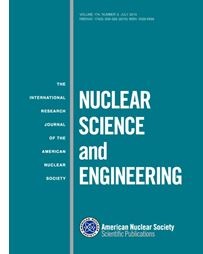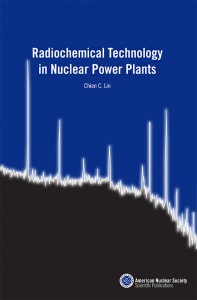In May 2013, the United States lost a perfectly functional and well-maintained nuclear power plant, the Kewaunee Nuclear Power Plant. Last week, Entergy announced that it would be shutting down a second such plant, Vermont Yankee, after its current fuel load has been consumed. In both cases, the owners indicated that the plants were no longer economical due to market conditions; namely, the low price of natural gas, the presence of subsidized renewable energy suppliers that can pay the grid to take their power and still receive revenue for every kilowatt-hour generated, and an insufficient market demand for electricity in the markets where the plants were attempting to sell their output.


 Most of you are well aware that Entergy recently announced it will permanently close its Vermont Yankee (VY) nuclear plant. The
Most of you are well aware that Entergy recently announced it will permanently close its Vermont Yankee (VY) nuclear plant. The 

 On September 12, 1933, slightly more than 80 years ago,
On September 12, 1933, slightly more than 80 years ago,  The 174th Carnival of Nuclear Energy has been posted at Next Big Future. You can
The 174th Carnival of Nuclear Energy has been posted at Next Big Future. You can  Benoit Forget, associate professor of nuclear science and engineering at the Massachusetts Institute of Technology, was honored with the 2013 ANS Landis Young Member Engineering Achievement Award. The award recognizes outstanding achievement for effectively applying engineering knowledge to yield a new principle, concept, design, safety improvement, method of analysis, or product used in the nuclear energy enterprise.
Benoit Forget, associate professor of nuclear science and engineering at the Massachusetts Institute of Technology, was honored with the 2013 ANS Landis Young Member Engineering Achievement Award. The award recognizes outstanding achievement for effectively applying engineering knowledge to yield a new principle, concept, design, safety improvement, method of analysis, or product used in the nuclear energy enterprise. On August 27, Entergy announced that it plans to close the Vermont Yankee nuclear power plant in the fall of 2014, when the plant's current fuel is depleted. Entergy plans to decommission the plant using the SAFSTOR option, which consists of defueling, mothballing the plant for a period, then dismantling it by the end of 60 years. Entergy said that it is closing the plant because it is no longer projected to make money, considering the estimated future natural gas prices. Electric power generated by gas is now over 50 percent of the ISO-New England grid.
On August 27, Entergy announced that it plans to close the Vermont Yankee nuclear power plant in the fall of 2014, when the plant's current fuel is depleted. Entergy plans to decommission the plant using the SAFSTOR option, which consists of defueling, mothballing the plant for a period, then dismantling it by the end of 60 years. Entergy said that it is closing the plant because it is no longer projected to make money, considering the estimated future natural gas prices. Electric power generated by gas is now over 50 percent of the ISO-New England grid.
 The 173rd Carnival of Nuclear Bloggers is up right now in the Fukushima Commentary section of Leslie Corrice's site "The Hiroshima Syndrome." You can
The 173rd Carnival of Nuclear Bloggers is up right now in the Fukushima Commentary section of Leslie Corrice's site "The Hiroshima Syndrome." You can 
